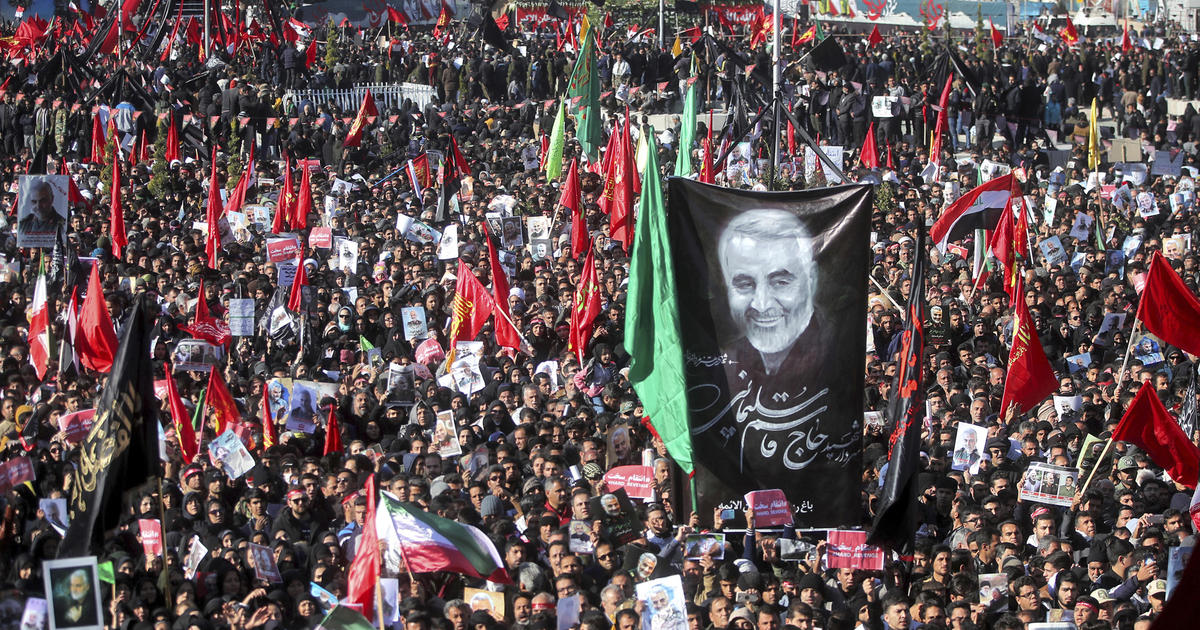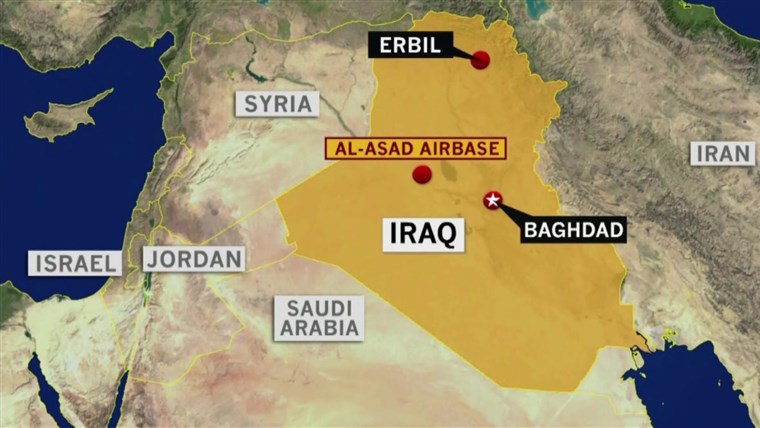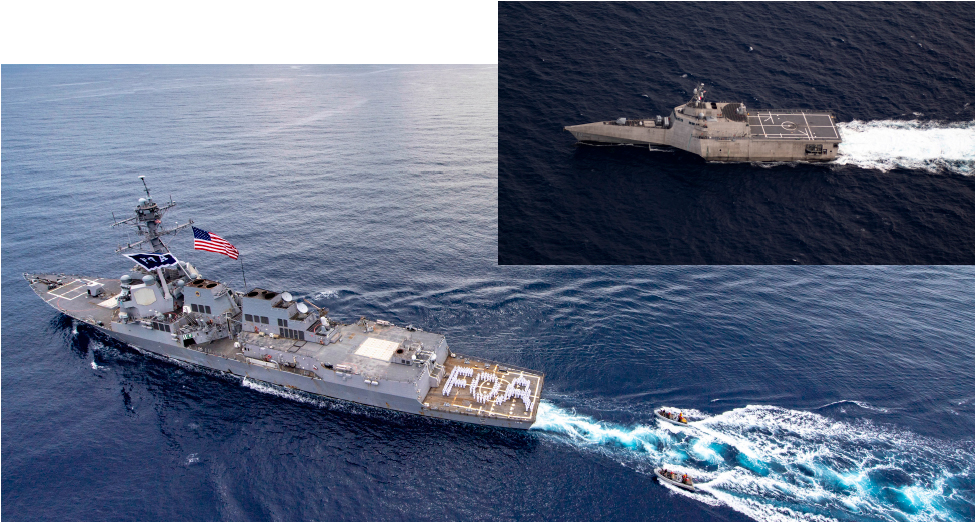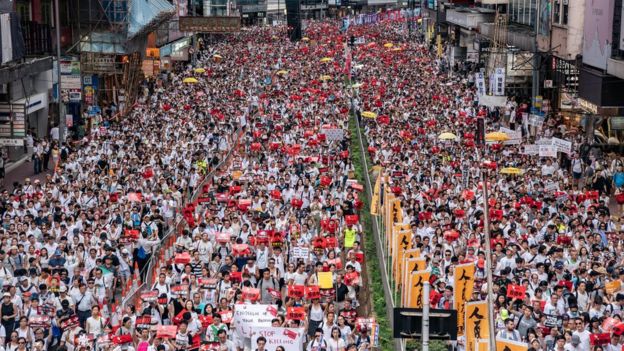
Wang Jin, Associate Research Professor, Institute of American Studies, CICIR
Jan 09, 2020
The killing is a game-changer that will divert America’s attention from other priorities and force Trump to send more troops and weapons to the Middle East rather than withdrawing.

Tian Shichen, Founder & President, Global Governance Institution
Hong Xiaowen, Assistant Researcher, Grandview Institution
Jan 09, 2020
Protected by the vast Atlantic and Pacific oceans, the American homeland is a difficult target for direct retaliation. Iran and its proxies have easier marks around the world.

Tian Shichen, Founder & President, Global Governance Institution
Jan 09, 2020
The Trump administration owes the world a clear explanation of how it justified an operation to kill Iranian Gen. Qassem Soleimani. So far, the strike seems legally dubious, if not flagrantly illegal.

Li Zheng, Assistant Research Processor, China Institutes of Contemporary International Relations
Jan 07, 2020
Concerns of China and the United States over science and technology can be resolved by the international community. Avoiding the huge cost of decoupling should be a top consideration.

Jin Liangxiang, Senior Research Fellow, Shanghai Institute of Int'l Studies
Jan 07, 2020
Misunderstandings spread by poorly informed Western media, often using loaded language, cloud the truth. Academics need to seek primary sources.

Joseph S. Nye, Professor, Harvard University
Dec 18, 2019
In little more than a generation, the Internet has become a vital substrate for economic, social, and political interactions, and it has unlocked enormous gains. Along with greater interdependence, however, come vulnerability and conflict. Attacks by states and non-state actors have increased, threatening the stability of cyberspace.
Zhang Tuosheng, Principal Researcher at Grandview Institution, and Academic Committee Member of Center for International Security and Strategy at Tsinghua University
Dec 17, 2019
The tasks and timelines are complex, but it’s still possible to end the nuclear standoff on the Korean Peninsula once and for all. Time is short.

Chen Zinan, Assistant Researcher, Maritime Strategy Studies, CICIR
Dec 12, 2019
As military navigation operations have become more diverse and widespread, America’s motives have become clear. It wants to drive wedges between countries and reinforce its Indo-Pacific strategy.

Doug Bandow, Senior Fellow, Cato Institute
Dec 12, 2019
The demonstrations in Hong Kong reflect the fact that those who grow up in a free society usually want to continue living in one. Whatever the impact of a cradle-to-grave propaganda system in the PRC, it won’t work in Hong Kong—or Taiwan.

Andrew Sheng, Distinguished Fellow at the Asia Global Institute at the University of Hong Kong
Xiao Geng, Director of Institute of Policy and Practice at Shenzhen Finance Institute, Chinese University of Hong Kong
Dec 04, 2019
Hong Kong’s government withdrew the extradition bill that triggered the protests. Yet the protesters rage on, lacking any coherent strategy or demands. They claim that they are fighting for democracy, but it is hard to reconcile that lofty goal with medieval-style catapults launching bricks and firebombs. In truth, the protesters’ scorched-earth strategy can lead only to more chaos, destruction, and death.
Back to Top

- China-US Focus builds trust and understanding between the U.S. and China through open dialogue among thought leaders.
- Our Offerings
- Topics
- Videos
- Podcasts
- Columnists
- Research Reports
- Focus Digest
- Stay Connected
-
Thanks for signing up!
- Get the latest stories from China-US Focus weekly.